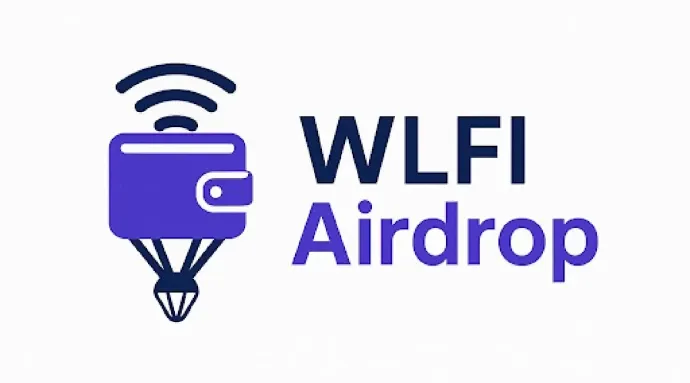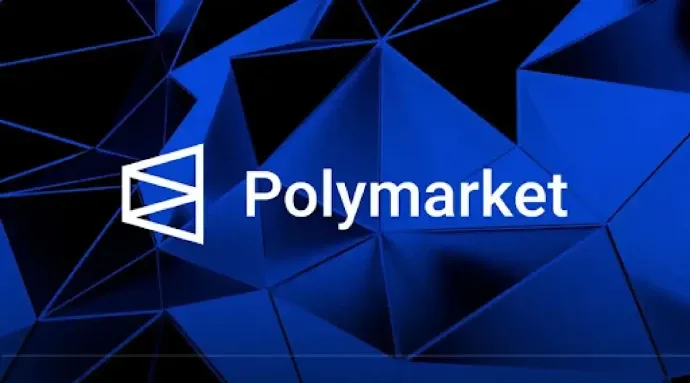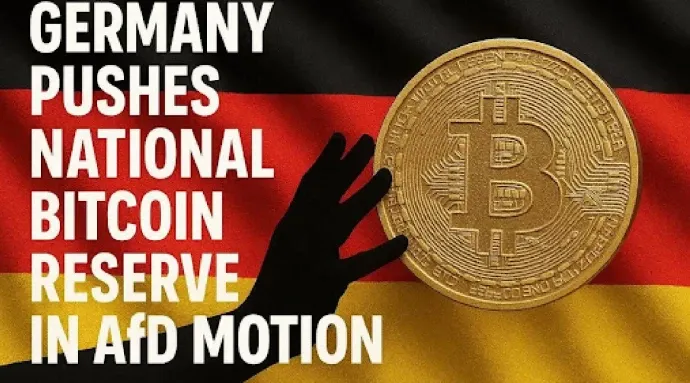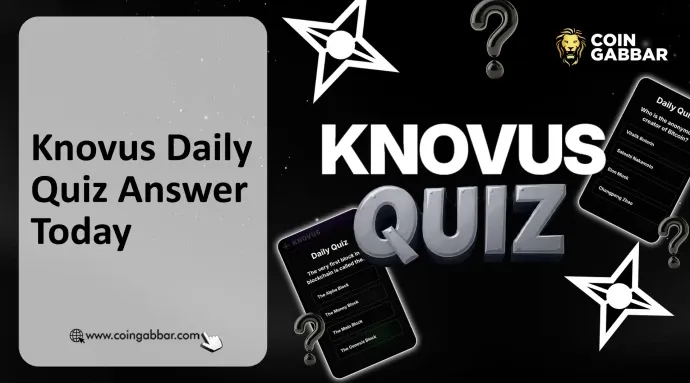Author: momo, ChainCatcher
Recently, the x402 protocol launched by Coinbase has exploded in popularity overnight, not only causing related concept tokens to surge but also gaining adoption and endorsement from Web2 giants such as Google, AWS, and Visa. This has driven the trading volume of AI agents on its protocol to achieve over 10,000% growth in the past month.
As early as May this year, AEON launched the AI Payment protocol; in August, AEON officially partnered with the Coinbase x402 protocol, becoming one of its first ecosystem partners and launching an AI Payment product integrated with x402. In October, AEON announced the official release of x402 Facilitator on the BNB Chain, closely collaborating with the BNB Chain team to promote the native x402 protocol on the BNB Chain.
In this wave of autonomous AI ignited by x402, AEON is not a follower but a key infrastructure builder that has already laid the groundwork, supported by actual products and a real merchant network. How does it position itself? Can it become the underlying settlement engine driving the entire AI economy?
Behind the x402 Boom: A Payment Revolution in the Era of AI Agents
The explosive popularity of the x402 protocol has brought a key industry pain point to the forefront: when AI agents can autonomously handle complex tasks, how do they "pay" for their consumption generated in the digital and real worlds?
Traditional financial infrastructure is almost powerless in this regard. There are two core pain points: first, the barrier of identity verification. The existing KYC system is designed to verify natural persons, and AI agents cannot provide passports or ID cards, thus unable to open bank accounts and lacking legal identity in the traditional financial system. Second, the mismatch in transaction models. AI's economic activities are ultra-high frequency and small-scale, such as API calls, data purchases, or computing power rentals within milliseconds. The processing capacity of traditional networks like Visa, which can handle tens of thousands of transactions per second, along with high fees and multi-day settlement cycles, becomes completely ineffective in this scenario.
The emergence of the x402 protocol aims to fundamentally solve the standardization problem of AI payments at the blockchain level. It defines a universal protocol for value exchange by AI agents in the crypto network, allowing AI systems of different architectures to perform payment interoperability under a unified standard. This is akin to establishing a foundational "payment language" for the AI economy, addressing the fundamental issue of "how AI can communicate to complete payments" in a decentralized environment.
On top of the protocol layer built by x402, AEON aims to tackle the more challenging implementation issues of how to penetrate the on-chain world with this standardized payment capability and seamlessly connect to the global business network.
AEON claims to be the world's first crypto settlement layer designed for AI agents, with its AI Payment product supporting AI to autonomously complete payments and settlements, helping AI agents purchase products and services or complete transactions globally, achieving true Agentic Commerce (autonomous agency commerce).
How Does AEON Solve the Triple Challenge of AI Payments?
AEON's AI Payment solution is not a simple bridge but a completely new payment paradigm tailored for the AI economy.
First, AEON has created a verifiable "economic identity" for AI agents through an on-chain identity protocol. This system represents a fundamental shift from "Know Your Customer" (KYC) to "Know Your Agent" (KYA), enabling AI to bypass traditional KYC, obtain independent payment identity and capabilities, and establish a fully traceable on-chain payment record.
After addressing the identity issue, AEON has built a crypto settlement layer capable of supporting the high-frequency micro-payment needs of AI. Its network supports processing capabilities of up to 500,000 TPS, making it possible for AI agents to conduct massive, small, and instant value settlements with each other or with external services. This allows payment actions to be as smooth and cost-effective as sending a message when AI calls services, hires peers, or purchases resources. AEON currently supports AI agents in independently purchasing data, calling APIs, or hiring other AI agents to perform tasks, thus forming a complete economic closed loop.
Finally, AEON has connected the "last mile" to the global real business. By directly connecting with local payment standards in various countries, such as QR Ph in the Philippines and Pix in Brazil, AEON's network now covers over 50 million merchants. This means that an AI agent can use crypto payments to directly book a hotel for a user in Manila, while the merchant receives familiar local fiat currency, all completed within seconds. This move seamlessly extends AI's payment capabilities from the purely on-chain space into the vast real economy.
The feasibility of this solution has been validated in real scenarios. At a hackathon hosted by Coinbase Developers, AEON demonstrated in a public demo how an AI assistant integrated with the x402 protocol autonomously completed the entire process from hotel search and price comparison to booking and payment through the AEON network. AEON's network of 50 million merchants can bring AI agent payments into more real consumption scenarios.
The Evolution from Payment Protocol to AI Economic Infrastructure
AEON's ecological expansion path reflects its judgment on the development trends of the AI economy. In addition to establishing cooperation within the BNB Chain AI ecosystem, its technology roadmap shows plans to continue integrating with mainstream AI agent infrastructures like A2A Protocol and MCP, and aims to expand to e-commerce platforms like Amazon and Shopify, targeting coverage of over 200 million merchants globally.
This development path reflects AEON's contemplation of its positioning, starting from solving immediate payment needs and gradually building the infrastructure to support AI autonomous economies. When AI agents can autonomously complete data service procurement, computing resource leasing, API call payments, and even collaborative task execution, the payment segment will become a core component driving the operation of the entire AI economic system, and AEON is committed to becoming the underlying "financial hub" of the AI economy.
By systematically addressing the three interrelated challenges of identity verification, payment performance, and real-world connectivity, AEON provides the necessary payment infrastructure for the autonomous AI economy. In the AI trading ecosystem driven by the x402 protocol, AEON's value lies in transforming the interoperability standards of the protocol layer into actionable global business solutions.
As the depth and breadth of AI agents' participation in economic activities continue to increase, reliable and efficient payment settlement services will become a key element supporting this emerging economic system. AEON's early practices in this field have allowed it to accumulate experience in technological validation and ecological cooperation, thereby establishing a first-mover advantage in the future competition of the AI economy.
免责声明:本文章仅代表作者个人观点,不代表本平台的立场和观点。本文章仅供信息分享,不构成对任何人的任何投资建议。用户与作者之间的任何争议,与本平台无关。如网页中刊载的文章或图片涉及侵权,请提供相关的权利证明和身份证明发送邮件到support@aicoin.com,本平台相关工作人员将会进行核查。




